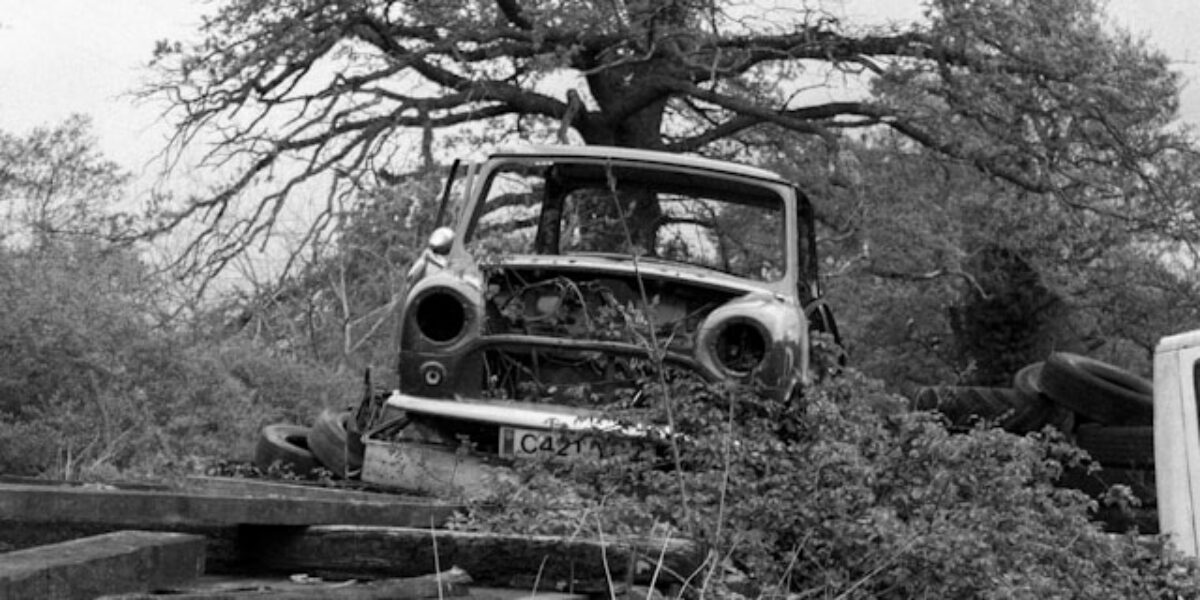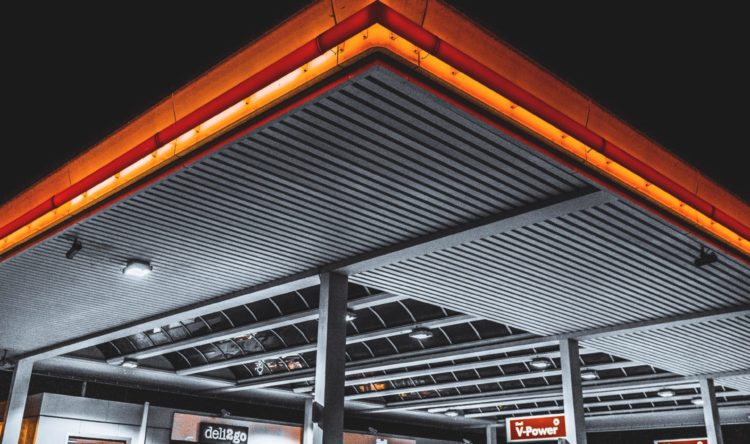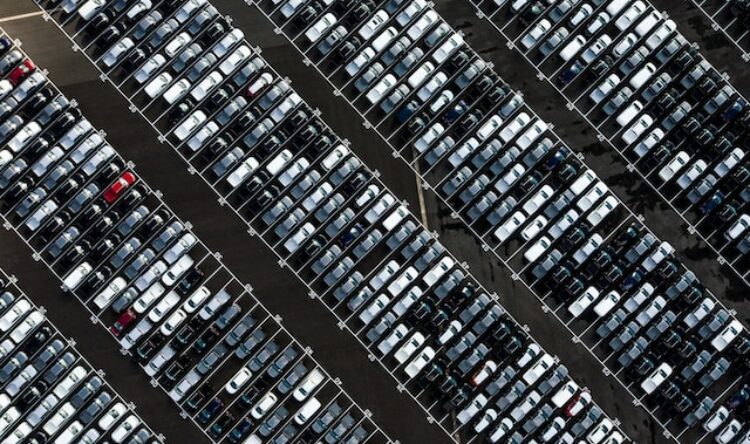Green habits
Motorists review their driving habits in consideration of environmental issues
UK motorists are adopting long-term changes in driving habits.
The three main reasons are to save money, protect the environment and improve their health.
They are reducing miles, speed and use of the car.
Changing outlooks
Nearly two out of three (65%) UK motorists have changed their driving habits. This comes in response to a combination of the cost of living crisis, driving schemes such as ULEZ and the climate emergency.
The research carried out by The Green Insurer, found drivers across the board are taking green initiatives. While the cost of living crisis has certainly had an influence, environmental news headlines have also had an influence. You can also add to these the effect the lockdown on influencing the appreciation of the great outdoors and physical exercise.
All this appears to have focused on helping drivers reduce carbon emissions and drive in a more environmentally friendly way.
Cutting costs
Almost half (44%) of drivers taking action have reduced the number of miles they drive. Furthermore, 34% are either driving more slowly or more carefully to preserve fuel.
Other measures include using public transport (14%), replacing short journeys with walking or cycling (18%) and using more of their car’s features such as cruise control or speed limiters (9%).
Almost 3-in-10 (29%) drivers say they plan to reduce mileage still further in the next 12 months, and 23% plan to drive more slowly or carefully.
Financial gains
The main reason that motorists give for making changes in their driving habits is the impact of the cost of living crisis.
This need to save money was cited by 64% of respondents. Following close behind is the desire to help the environment (63%), a determination to reduce pollution (51%) and plans to improve fitness (47%).
Increasingly, the introduction of schemes such as ULEZ have had a direct effect on the driving habits of 8% of motorists, rising to 25% of drivers in London.
Feeling better
When looking at the benefits of these changing habits, cost-savings made on petrol or diesel comes top according to 66% of motorists.
This is followed by the health benefits of walking or cycling more (38%), saving money on the running costs of a car (32%), feeling more positive about impacts on the environment (28%) and saving money on insurance through lower mileage (10%).
What is more, the changes adopted in the last 12 months are likely to be here to stay. Some 66% say that changes or planned changes to driving habits will be long-lasting. It compares to 12% who say they will be temporary and 21% who are not sure.
Paul Baxter, CEO, The Green Insurer, says: “A cocktail of different factors, including the need to save money, improve fitness and reduce environmental impacts, is clearly encouraging most of us to find ways we can adopt change.”






